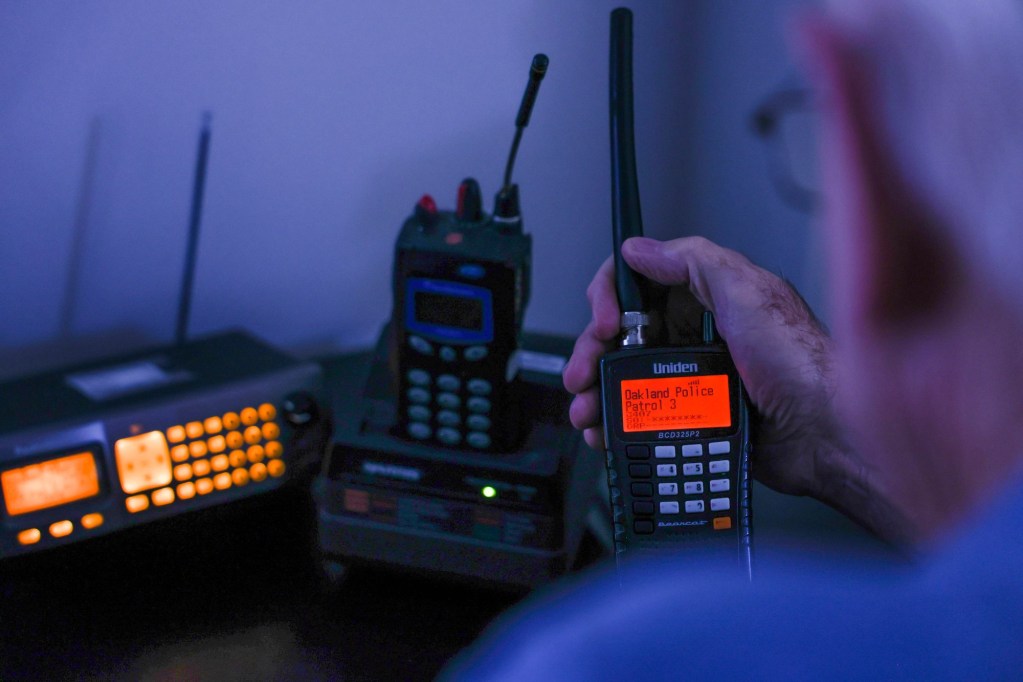Law enforcement agencies in Contra Costa County have started encrypting their police radio communications, marking a significant shift in transparency for the region. This decision, implemented early on March 5, 2024, effectively cuts off public access to crucial information regarding police activities, an action that has raised concerns among advocates for police accountability and First Amendment rights.
The transition began at approximately 1 a.m. on Tuesday when police and sheriff’s deputies ceased public broadcasts, leaving only encrypted communications available to law enforcement personnel. The Concord and Pittsburg police departments, along with parts of the Contra Costa County Sheriff’s Office, were among those that moved to private channels. In a notable contrast, agencies in nearby Alameda County did not implement similar changes as expected on March 7, 2024, due to unexpected technical issues. Public feeds remained accessible for police departments in Oakland, Fremont, Hayward, and others, raising questions about the reliability of the encryption rollout.
David Swing, the leader of the East Bay Regional Communications System Authority, confirmed that his team is addressing “issues related to the patching of channels.” He noted that while the Contra Costa County transition was successful, the delay in Alameda County’s implementation has sparked discussions about the future of public access to police communications.
Advocates for transparency, including local attorneys and a state senator, have expressed alarm over the encryption initiative. They argue that it undermines the community’s ability to hold law enforcement accountable. The California Department of Justice issued a directive in 2020 urging agencies to protect sensitive information but did not mandate complete encryption of police radio channels. As a result, agencies like the Berkeley Police Department have opted to keep their communications public, and the Palo Alto Police Department recently reversed its decision to encrypt.
In Contra Costa County, the shift to encrypted communications marks a full-circle moment. The Antioch Police Department was one of the first agencies in California to begin shielding its communication in 2015, a move that coincided with numerous scandals related to civil rights abuses within the department. The encryption of police radio feeds raises concerns about the potential lack of accountability, especially in light of incidents that have previously brought scrutiny to local law enforcement practices.
As the situation unfolds, the implications for public trust in law enforcement remain significant. The encryption of police communications not only limits public insight into police operations but also complicates the ongoing dialogue about transparency and accountability within law enforcement agencies. With the potential for further developments in the coming weeks, community members and advocates will be watching closely to assess the impact of these changes on public safety and police oversight.
Jakob Rodgers, a senior breaking news reporter, can be reached via text or encrypted message at 510-390-2351 or via email at [email protected].








































































